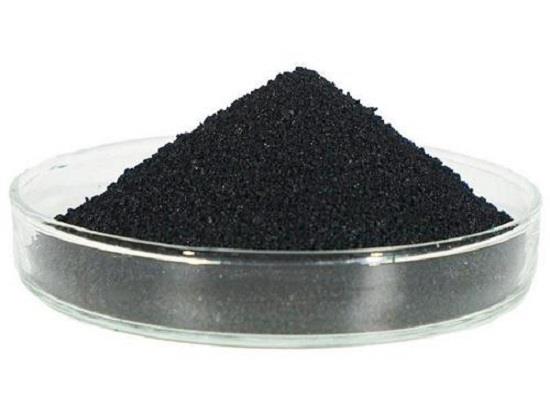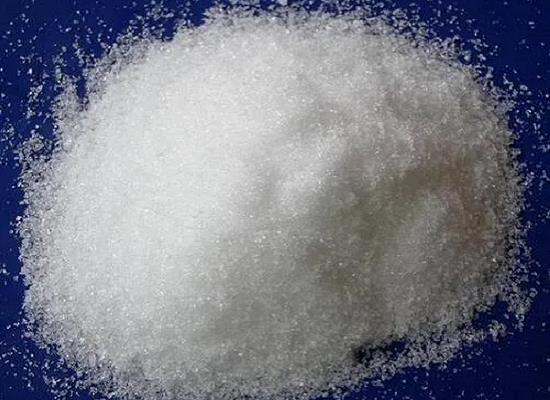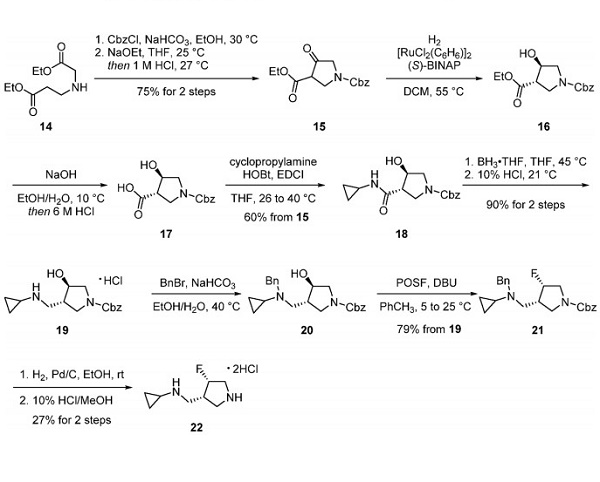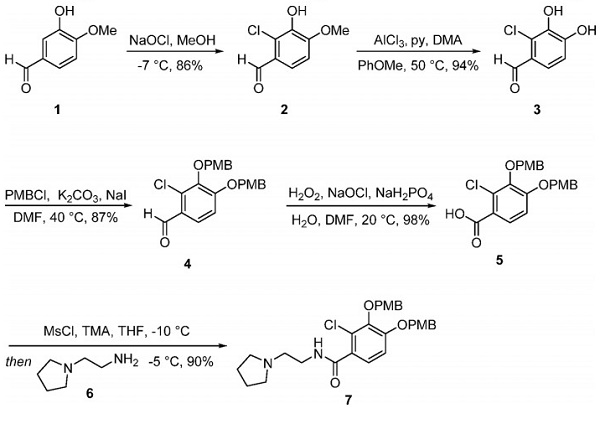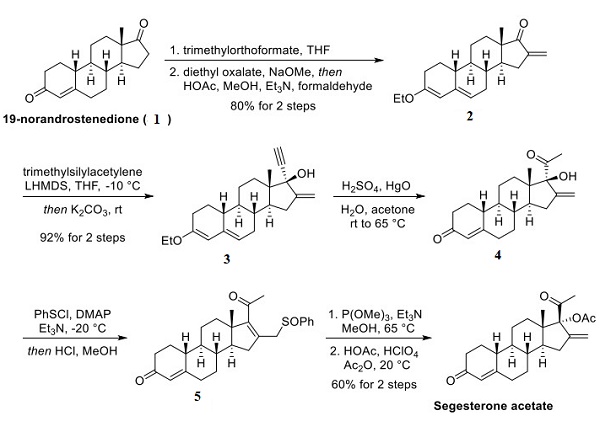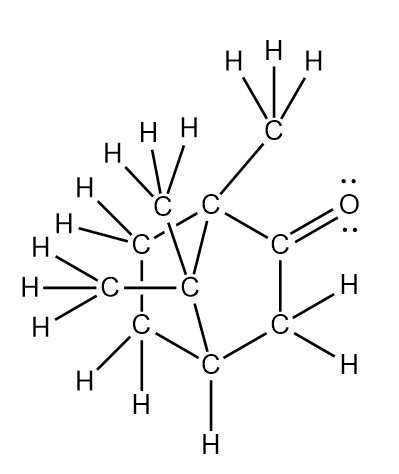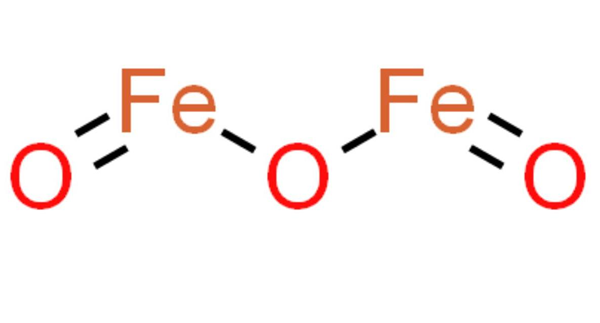Active Pharmaceutical Ingredients (API), popularly speaking, are the raw materials of medicines, only pharmaceutical raw materials are processed into pharmaceutical preparations , can they become medicines available for clinical use, so drugs we usually eat are the finished drugs through processing. Active Pharmaceutical Ingredients based on its sources can be divided into two major categories ,including chemical synthetic drugs and natural chemical drugs. Chemical synthetic drugs can be divided into organic synthetic drugs and inorganic synthetic drugs. Inorganic synthetic drugs are inorganic compounds ( very few is element), such as aluminum hydroxide, magnesium trisilicate which are used for the treatment of gastric and duodenal ulcers ; organic synthetic drugs are mainly composed of drugs made by basic organic chemical raw materials, through a series of organic chemical reactions (such as aspirin, chloramphenicol, caffeine, etc.). Natural chemical drugs ,based on its sources,can be divided into two categories including biochemical drugs and plant chemical drugs. Antibiotics are generally made by the microbial fermentation, which belongs to the biochemistry category. A variety of semi-synthetic antibiotics occurs in recent years,which are biosynthesis and chemical synthesis combining products.Among active Pharmaceutical Ingredients, the organic synthetic drugs varieties, yields and values have the largest proportion,which are the main pillars of the chemical and pharmaceutical industries. The quality of active Pharmaceutical Ingredients decides whether the formulation is good or bad , so its quality standards are very strict ,countries in the world have developed national pharmacopoeia standards and strict quality control methods for its widely used active Pharmaceutical ingredients.
Unlocking the Versatility of Platinum Dioxide in Catalyst, Electronics, and Biomedical Applications
Platinum dioxide's unique properties enable versatile applications, but proper safety precautions must be taken due to its irritant and corrosive nature.
Jan 5,2024 APIExploring the Potential of Sodium Tungstate with Antioxidant, Antidiabetic, and Adjuvant Therapy
Sodium tungstate has potent antioxidant and antidiabetic effects, can enhance cancer treatment but requires further safety investigation.
Jan 5,2024 APIThe synthesis method of Lascufloxacin hydrochloride
Lascufloxacin hydrochloride (AM-1977) is a novel 8-methoxy fluoroquinolone antibacterial agent with a unique pharmacophore at the 1st and 7th positions of the quinoline nucleus.
Jan 4,2024 APIA brief introduction to Cefiderocol
Cefiderocol is a novel catechol-substituted siderophore cephalosporin for injection that uses the bacterial active iron transport channels to penetrate the outer membrane and enter the periplasmic spa
Jan 4,2024 APIHow to synthesize Eravacycline?
Eravacycline is a fully synthetic broad-spectrum antibiotic that exhibits potent activity against Gram-positive and Gram-negative bacterial strains, including many that have acquired tetracycline-spec
Jan 4,2024 APIWhat is Segesterone acetate (Nestoron)?
Segesterone acetate (SA; Nestoron) is a potent non-androgenic progestin that was developed for contraception and it is the progestin in the once-yearly contraceptive vaginal ring.
Jan 4,2024 APISodium benzoate: Polarity; Functions and Applications
Sodium benzoate is a polar chemical. This is due to the polar covalent bond between the carbon and oxygen atoms in the carbonyl group (-CO) and the carbon and oxygen atoms in the carboxyl group (-COO-
Jan 4,2024 API2-Naphthol: Polarity; Solubility and Uses
2-Naphthol is a polar molecule. Since naphthol contains hydroxyl groups, it is a very polar molecule, and the oxygen atom attracts the electron density to itself through bonds.
Jan 4,2024 APIThe chemical property and Lewis structure of Camphor
Camphor is a waxy solid, usually white or transparent in the shape of crystals, with a molecular formula of C10H16O.
Jan 4,2024 APIFerric oxide: Polarity and Application
Fe2O3 is an ionic compound. The electronegativity difference between iron and oxygen atoms is 1.6, which corresponds to the electronegativity difference of a polar covalent bond.
Jan 4,2024 API



